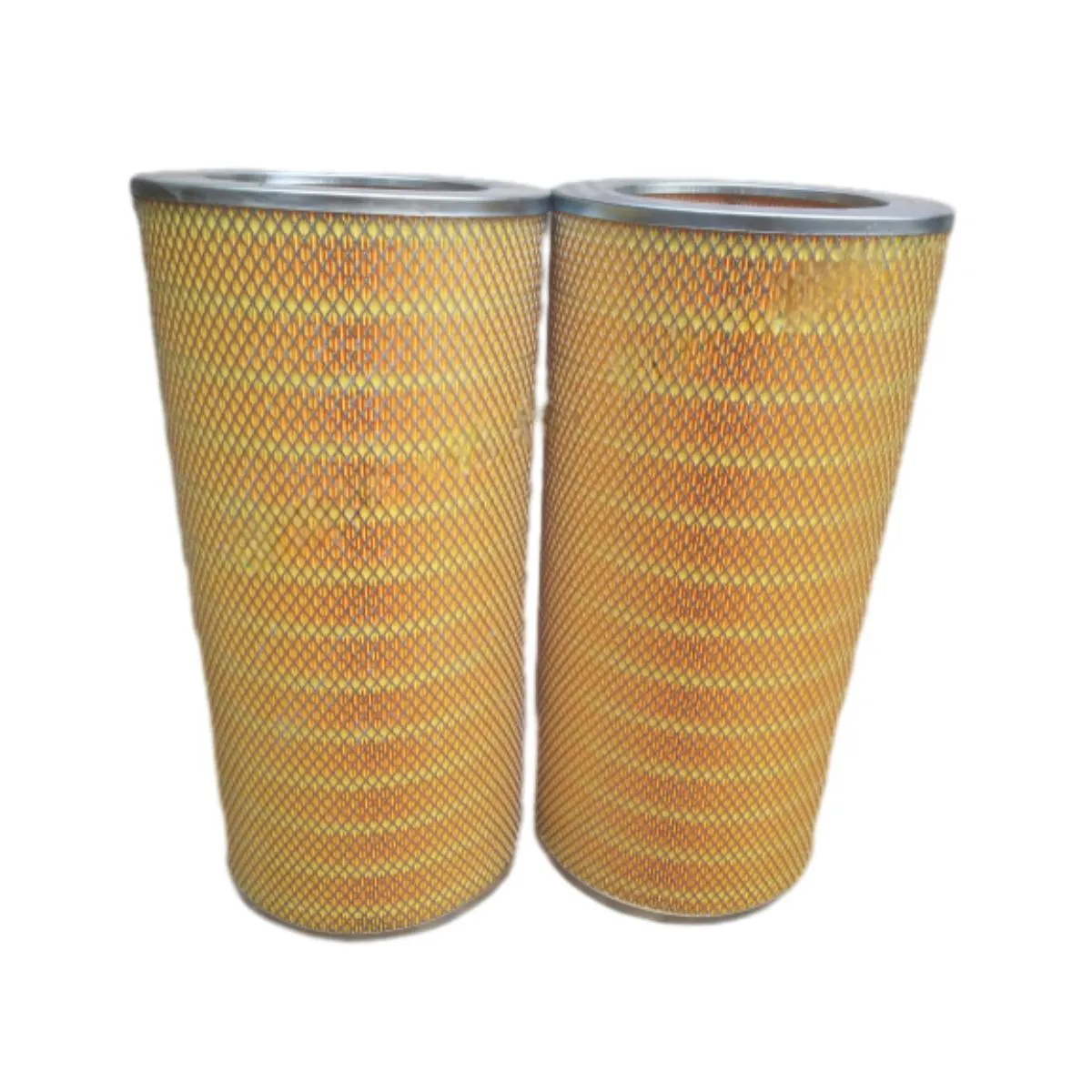 Tel:
+8615930870079
Tel:
+8615930870079
dec. . 04, 2024 10:24 Back to list
Optimal Solutions for Turbine Air Intake Filter Efficiency and Maintenance Optimization Techniques
Understanding Turbine Air Intake Filters Importance and Functionality
Turbine air intake filters are critical components in the operation of gas turbines, which are widely used in power generation, aviation, and various industrial applications. These filters serve the essential purpose of protecting the turbine engine from foreign particles, dust, debris, and contaminants that can significantly impair performance and longevity. In this article, we will delve into the significance, types, and maintenance of turbine air intake filters.
Importance of Turbine Air Intake Filters
Gas turbines operate by drawing in large volumes of air, compressing it, and mixing it with fuel to produce energy through combustion. The efficiency and effectiveness of this process heavily depend on the quality of the air entering the engine. Without proper filtration, airborne impurities can lead to engine fouling, increased wear and tear, and ultimately, costly repairs or replacements.
One of the primary reasons for using air intake filters is to ensure the reliability of turbine performance in various environmental conditions. Turbines operating in dusty or polluted areas are particularly susceptible to higher levels of particulate matter, which can clog the airflow and diminish efficiency. By using high-quality turbine air intake filters, operators can enhance the engine's performance, prolong its operational lifespan, and reduce overall maintenance costs.
Types of Turbine Air Intake Filters
There are several types of turbine air intake filters, each designed to meet specific operational requirements and environmental conditions
. The most common types include1. Panel Filters These are flat filters made of fibrous materials, designed to capture larger particles. They are easy to install and replace, making them a popular choice for many gas turbine applications.
2. Bag Filters Composed of multiple filter bags, these filters provide a larger surface area for particle capture. They are particularly effective for applications requiring high dust-holding capacity, making them suitable for environments with elevated dust levels.
3. Cyclone Separators These use centrifugal force to remove larger particles from the air before it reaches the filter media. By reducing the load on the filter, cyclone separators can enhance overall filtering efficiency and prolong filter life.
turbine air intake filters

4. Heparin Filters These advanced filters utilize electrostatic technology to attract and capture fine particles. They are particularly effective in environments where small particle penetration is a concern.
5. Pre-filters Often used in conjunction with primary filters, pre-filters capture larger particulate matter before the air reaches the more sensitive final filter stage. This reduces the frequency of filter changes and helps maintain airflow efficiency.
Maintenance of Turbine Air Intake Filters
Proper maintenance of turbine air intake filters is crucial for ensuring optimal performance. Regular inspection and replacement schedules should be established based on the specific operating environment and manufacturer recommendations. Key maintenance practices include
- Periodic Inspections Regularly check the filters for visible signs of dirt accumulation or physical damage. This can help catch potential issues before they affect turbine performance.
- Cleaning Some filters, particularly reusable ones, can be cleaned according to the manufacturer’s guidelines. Cleaning helps maintain airflow and extends the life of the filter.
- Replacement It is vital to replace filters as per the recommended schedule or when their performance declines, as indicated by pressure drop readings across the filter.
- Monitoring Implementing pressure monitoring can provide real-time data on filter performance, allowing for timely maintenance actions.
In conclusion, turbine air intake filters are vital for the efficient operation of gas turbines, providing essential protection against harmful airborne contaminants. By understanding the types of filters available and adhering to proper maintenance protocols, operators can ensure optimal turbine performance, enhance reliability, and reduce operational costs. As industries continue to evolve and demand greater efficiency, the role of air intake filters remains paramount in sustaining the health and performance of turbine systems.
-
Types and Applications of Air Filtration CartridgesNewsJul.28,2025
-
The Role of Gas Turbine FiltersNewsJul.28,2025
-
Mastering Air Filter Cartridge UseNewsJul.28,2025
-
Advanced Turbine Filters for Modern Gas TurbinesNewsJul.28,2025
-
Cellulose Air Filter Cartridge Advantages in Dust FiltrationNewsJul.28,2025
-
Cellulose Filters for Air Particle ReductionNewsJul.28,2025

 Email:
Email:





